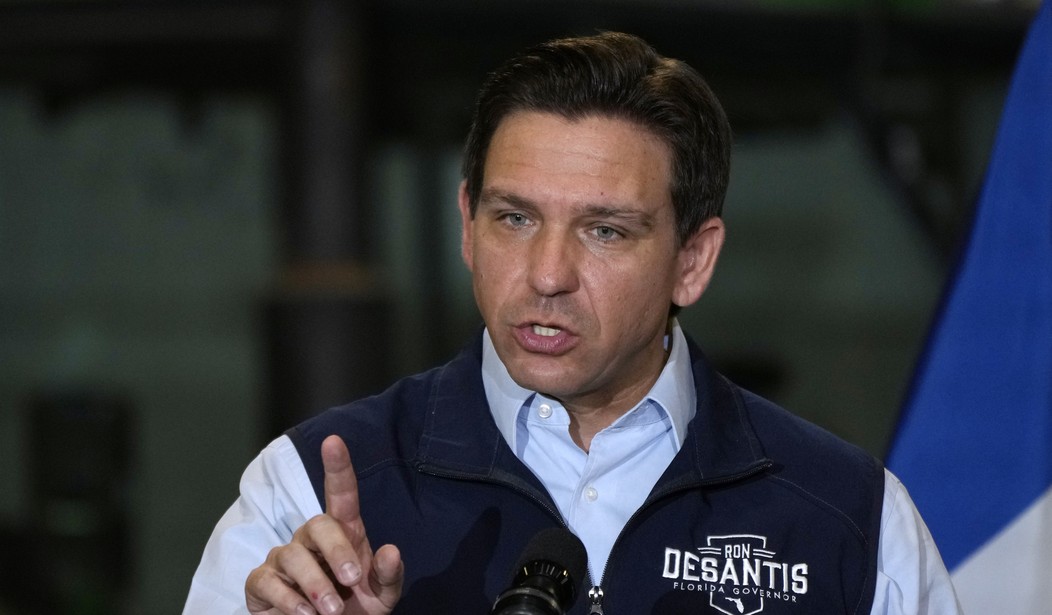A new Florida law is putting a target on the backs of child rapists in the state. The law, labeled HB 1297, was signed in May and took effect last Sunday, October 1. The Bill passed by a margin of 34-5 in the State Senate and 95-14 in the State House.
At the bill signing, Gov. Ron DeSantis (R-Fla.) said, “Unfortunately, in our society, we have very heinous sex crimes that are committed against children under the age of 12 years old. These are really the worst of the worst. The perpetrators of these crimes are often serial offenders.”
DeSantis added that he believed the Supreme Court’s Ruling in 2008 that found it unconstitutional to use capital punishment in child sexual battery cases was wrong and that it needs to be reconsidered.
“This bill sets up a procedure to be able to challenge that precedent and to be able to say that, in Florida, we think that the worst of the worst crimes deserve the worst of the worst punishment,” he added.
On Tuesday, DeSantis said in a post on social media, “Florida’s law allowing the death penalty for child rapists is now in effect. The minimum sentence is life in prison without parole. In Florida, anyone who harms children in such a horrific way will never walk free.”
HB 1297 states that “A person who commits a sexual battery upon, or in an attempt to commit sexual battery injures the sexual organs of a person less than 12 years of age carries a great risk of death and danger to vulnerable members of this state.”
“Such crimes destroy the innocence of a young child and violate all standards of decency held by civilized society,” adds the text of the bill.
The statute notes that the Florida Legislature determined that both Buford v. State of Florida and Kennedy v. Louisiana, cases in which the Florida Supreme Court and the U.S. Supreme Court held that the death penalty for child rape was cruel and unusual, were “wrongly decided and an egregious infringement of the state’s power to punish the most heinous of crimes.”
In April, DeSantis also signed a bill to end a unanimous jury requirement in death penalty sentencing, allowing capital punishment with a jury vote of at least 8-4 in favor of execution. Judges would have the discretion to impose the death penalty or sentence defendants to life in prison. If fewer than eight jurors recommend death, judges would have to impose life sentences.
In an interview with WJXT, Maria DeLiberato, the executive director of Floridians for Alternatives to the Death Penalty, said although the law has passed, it won’t impact anyone immediately.
“The legislature, to their credit, acknowledged that when they passed it right, they said, ‘We know this isn’t the law, we just hope the law will get changed,’” she commented. “You’re also dealing with a living victim who would have to be a part of the inevitable decades-long death penalty process. A death penalty case is not quick. It doesn’t go away quickly. It languishes for years and years and years.”
DeLiberato went on to explain that statistics show child sexual abuse usually involves abusers who the child knows and often can be family members, all of which adds more complications to a death penalty case.
“So now, you’ve got this whole dynamic where a child is going to bear the weight of a possible death sentence to a neighbor, an uncle, grandfather, something that someone that they know that everybody in their family is not going to feel the exact same way about,” she said.
We all know that many pedophiles repeat their crimes, and we also know that we can’t trust the justice system to keep them behind bars. In those cases, there may be only one way to stop their string of horrific crimes.









Join the conversation as a VIP Member